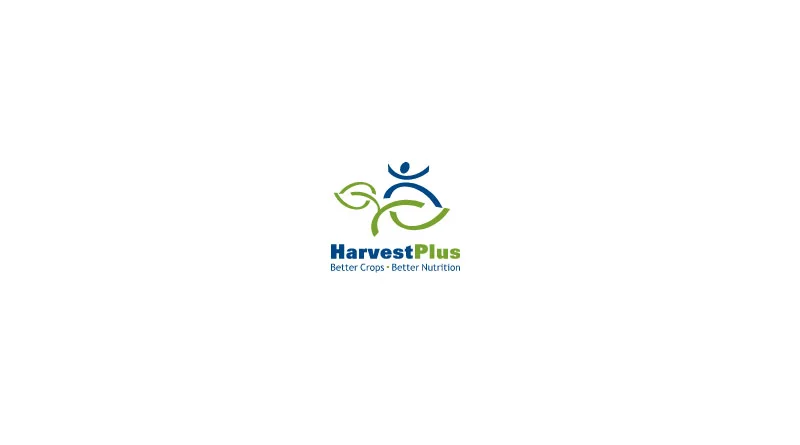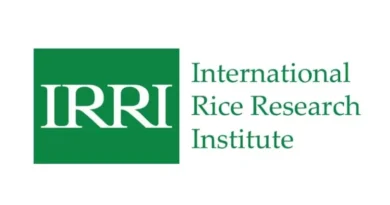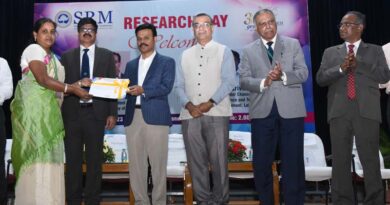Scaling Up the Access to Biofortified Seeds to Address Malnutrition in Africa
01 November 2023, Africa: Biofortification of seeds will not only address the increase in production of agriculture products and improve food security but also address the burden of malnutrition that contributes to a high mortality rate and a less productive population on the continent by ensuring production to highly nutritious food. Biofortification is a nutrition-sensitive approach to increasing the density of vitamins and minerals in staple food crops through conventional breeding and agronomic techniques based on the highest-yielding varieties available. A consultative meeting to assess the state of play on enhancing access to biofortified seeds in Africa was held in Lusaka, Zambia from 9th October 2023 to 13 October 2023 with the objective to evaluate the implementation progress of the biofortification framework and the biofortification roadmap that was endorsed by the AU policy organs.
The participants were drawn from AU Commission; AUDA-NEPAD; representatives of RECs; national food and nutrition security agencies; AU specialized agencies; Development and technical partner institutions; member states, civil society organizations, CGIAR centres, National Agricultural Research Institutes (NARIs), academia, seed experts and private sector as well as farmer organisations. The meeting is part of the activities towards the implementation of the AU Declaration on Scaling-up Food Fortification and Biofortification {Assembly/AU/Decl. 2(XXXV).
Biofortification, has great potential to increase the nutrient intake of rural poor, whom are often relying on subsistence farming for their food. According to the UN’s State of Food Security and Nutrition in the World report released in 2023, 30% of children under the age of five in Africa are stunted, which can lead to chronic diseases later in life and hinder cognitive development. Iron deficiency anemia is another major burden of malnutrition, affecting almost 40% of women of reproductive age. Further, individual African countries lose several millions of dollars annually to vitamin and mineral deficiencies (World Bank 2018)
In her remarks, Ms. Beatrice Egulu Nakacwa, the representative of the Agriculture and Rural Development Directorate of the African Union, emphasized the need to accelerate the implementation of the declaration on Food fortification and Biofortification that was endorsed by the Heads of States and government of the African Union in February 2021. She commended the roles that stakeholders and partners are playing to advance research on seed varieties, advocacy and knowledge sharing and policy development and more so the support to member states to monitor, collect data and report in the CAADP Biennial Review process. She further urged stakeholders to strengthen capacity to build strong data systems at RECs and members states level for evidence-based decision making, policy formulation and targeted/ meaningful interventions on the continent.
The meeting learnt that cumulatively, more than 175 biofortified varieties of 13 staple crops, are being tested or have been released in 39 African countries. However, only a small fraction of the released varieties is accessible to the majority of target farmers. In addition, the participants were informed of the data collected from the newly developed Africa Biofortification Performance Index included in the forthcoming 4th Biennial Review Report. The Index is tracking among other parameters, the uptake of biofortified varieties.
During the meeting emerging private companies from Nigeria, Zambia and Malawi showcased some of their products developed through the use of biofortified crop varieties. These included cassava flour, custards, food snacks, soups, and breakfast cereals. These efforts and others have resulted in 10.3 million smallholder farm households or 51.7 million people benefiting from biofortified crops in Africa, making them nutritionally resilient.
A field visit to the Zambia National Agriculture Seed Fair provided an opportunity to participants to explore the various seed varieties, technologies and innovation.
The main outcomes of the meeting were an Action Plan aimed at achieving impact for biofortification through availability, accessibility and affordability of quality biofortified seed. The plan covered three (3) pillars namely, i) advocacy for policy knowledge and policy on seed varieties; ii) enhancing demand and marketability of biofortified products at three levels: seed varieties, grain/crops, and fortified processed products; iii) Accelerating release, licensing and commercialization of biofortified seed varieties. Stakeholders took up roles and responsibilities, and committed to work collaboratively to advance the implementation of the biofortified seed on the continent.
Also Read: John Deere Foundation announces $19 million in grants aimed at eliminating global hunger
(For Latest Agriculture News & Updates, follow Krishak Jagat on Google News)















